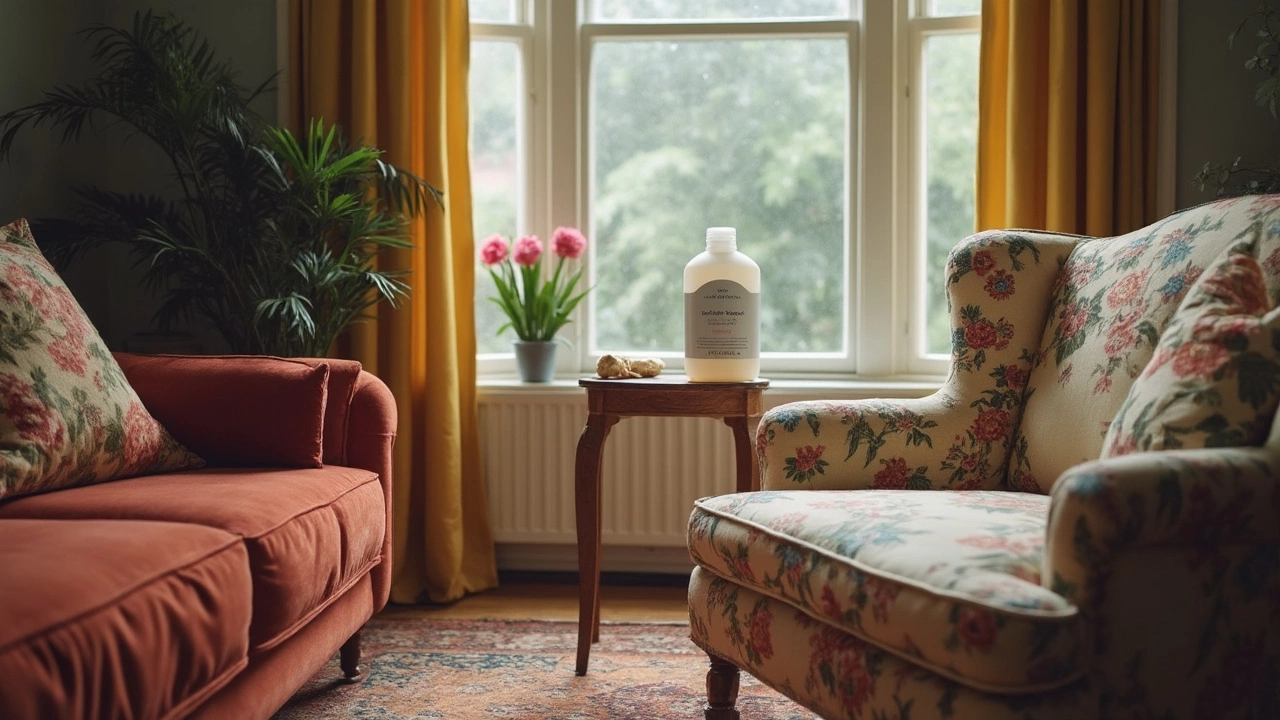Best Cleaner: How to Pick the Right One for Every Job
When you need something to sparkle, you want a cleaner that actually works, not one that leaves streaks or smells like chemicals. In this guide we’ll break down the easiest ways to decide what the best cleaner is for your windows, oven, upholstery and more. No fluff, just real‑world advice you can try today.
DIY vs. Store‑Bought: Which Is the Real Best Cleaner?
Most people start with a bottle from the supermarket because it’s convenient. The good news is that many store‑bought cleaners are formulated for specific jobs – a window spray for streak‑free glass, a degreaser for baked‑on oven grime, or an eco‑friendly formula for upholstery.
DIY mixes can beat a pricey product if you know the right ratios. A classic window cleaner is one part white vinegar to three parts water with a few drops of dish soap. The vinegar cuts mineral deposits, the soap lifts dirt, and the water dilutes the mix so you don’t get a residue. For a baked‑on grease fight, mix baking soda with a little water to form a paste, let it sit, then scrub – it’s gentle but powerful.
So, is DIY the best? Not always. If you’re dealing with tough, baked‑on grease in the oven, a commercial oven cleaner with a stronger alkaline base can save you hours. The key is matching the cleaner’s strength to the job’s difficulty.
Choosing the Right Cleaner for Your Home
Start by asking what surface you’re cleaning. Glass, metal, fabric, and wood all react differently. For glass, look for ammonia‑free formulas that won’t damage frames. For fabrics, opt for a mild, biodegradable solution that won’t set stains – many eco‑friendly cleaners contain plant‑based surfactants that lift dirt without harsh chemicals.
Next, think about health and safety. If you have kids or pets, a greener cleaner with natural ingredients reduces the risk of irritation. Products labeled “environmentally friendly” often use ingredients you can find in your kitchen, like lemon oil or essential oils, and they break down faster in the environment.
Budget matters too. A high‑end professional window cleaning service might charge £2‑£3 per window, but a DIY mix costs pennies. For big jobs like a builder’s clean after renovations, hiring pros can be cheaper than buying dozens of specialized cleaners and spending days scrubbing.
Finally, test before you commit. Spray a small hidden area and wait a few minutes. If the surface stays intact and the smell isn’t overpowering, you’ve likely found a good match.
Bottom line: the best cleaner is the one that fits the job, your budget, and your health preferences. Mix your own for simple tasks, reach for a commercial product when the grime is stubborn, and always keep an eye on safety. With these tips you’ll know exactly which bottle or bottle‑mix to grab next time you face a mess.

Best Detergent for Upholstery Cleaning
Upholstery can attract a lot of dust, dirt, and stains over time, making it essential to choose the right detergent to keep it clean. The best detergents for upholstery are those that effectively remove stains while being gentle on the fabric. Familiarize yourself with different types of fabrics and specific cleaning solutions that work best for each. Explore useful tips and eco-friendly options to ensure your furniture stays fresh and vibrant.
Read More